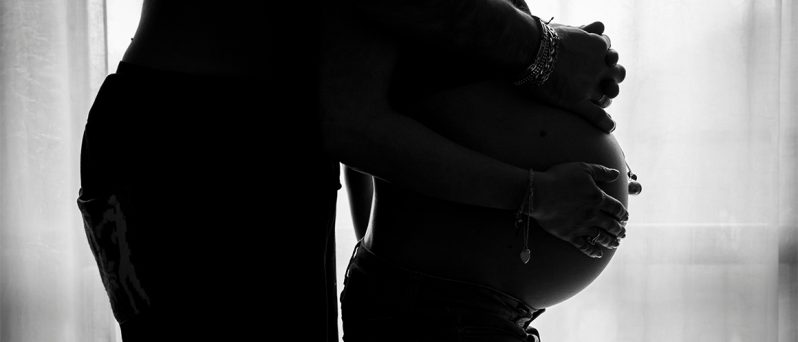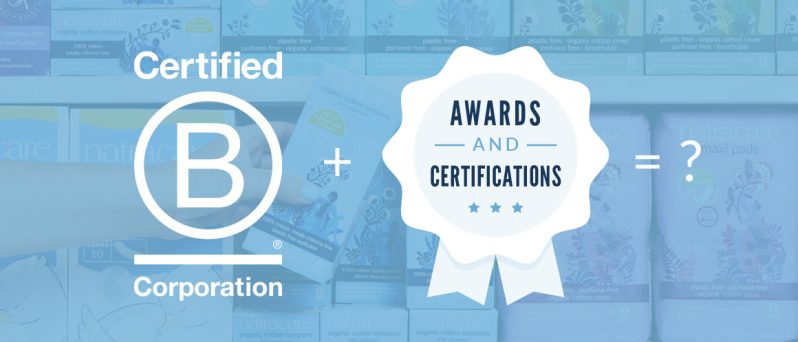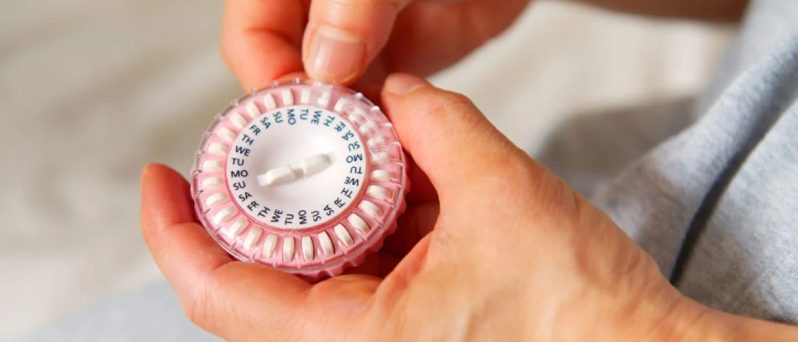With Menstrual Hygiene Day around the corner, Natracare wants to ditch and reform the narrative around ‘menstrual hygiene’ – and are calling others to do the same.
This is nothing new to Natracare. The sustainable period products company has been campaigning for supermarkets to stop signposting period products as ‘feminine hygiene’ in their #RenameDontShame campaign and have encouraged gender inclusive language in their latest Shades of Red Zine. Now they want to carry on breaking period stigma in everyday language, which clearly is a big issue around the world, including here in the UK:
- Plan UK states that nearly half (48%) of girls aged 14-21 in the UK are embarrassed by their periods.
- A YouGov poll facilitated by Action Aid found that 1 in 3 women in the UK face menstrual stigma.
- Almost three quarters (71%) of girls in the UK admitted that they have felt embarrassed buying sanitary products.1
Why ‘Health’ over ‘Hygiene’?
Sharna Waid, PR and communications officer at Natracare says: “The word ‘hygiene’ perpetuates the stigma that a period is unhygienic, dirty, and something that needs to be ‘treated.’ As well as the language used in academia and in the news, we’re surrounded by shame-inducing marketing tactics to sell period products. Things like adding unnecessary fragrances, using ‘silent’ wrappers, and using blue liquid in adverts reinforces the falsehood that periods need to be disguised or sanitised, which needs to change.”
“Using the term ‘menstrual health’ instead of ‘menstrual hygiene’ therefore encompasses our physical and mental condition, which are important in equal measures. It opens up the conversation around mental welfare, safety, and overall happiness, rather than just focusing on clinical solutions like ‘sanitation’ or ‘cleanliness’. Our periods are diverse, beautiful, and complex and so the language used to describe them should reflect this,” says Waid.
‘Menstrual health’ has not been consistently used in research because until recently it was short of clarity or definition – making menstrual hygiene the ‘go-to’ in communications. But in April 2021, ‘menstrual health’ officially gained its own definition by Terminology Action Group.2
“Now with ‘Menstrual Health’ gaining the recognition it deserves with an official definition, there’s no reason not to use it in academia and in everyday language. Luckily, attitudes towards periods are starting to shift thanks to advocacy groups and social media. More people are talking about their periods than ever before, so isn’t it about time companies, development, and health sectors played catch up?” adds Waid.
Natracare are not the only one supporting this message. Josie Parmee started a campaign called ‘Health Not Hygiene’ to help change ‘Menstrual Hygiene Day’ to ‘Menstrual Health Day’. The petition says that ‘period poverty isn’t just a resource issue: it’s also the issue of harmful beliefs and attitudes surrounding menstruation’. Sign the petition here.
References
- Plan International UK, 2017 – Almost half of girls aged 14-21 are embarrassed by their periods.
- Julie Hennegan, Inga T. Winkler, Chris Bobel, Danielle Keiser, Janie Hampton, Gerda Larsson, Venkatraman Chandra-Mouli, Marina Plesons and Thérèse Mahon, 2021 – Menstrual health: a definition for policy, practice, and research.
Notes to editors
Natracare is the first company in the world to provide plastic-free, certified organic cotton tampons and totally chlorine-free sanitary pads and panty liners. Natracare products are biodegradable and can even be composted. Susie Hewson created the brand in 1989 in response to the growing danger to human health and the environment from dioxin pollution in the pulping industries with the chlorine bleaching of paper products.
Terminology Action Group state that the definition of Menstrual Health attends to mental, social, and physical wellbeing of an individual, and the importance of the menstrual cycle as a whole. The definition also communicates that while the majority of those who experience a menstrual cycle are women and girls, the approach must also show relevance for those who experience a menstrual cycle, regardless of their gender identity.








